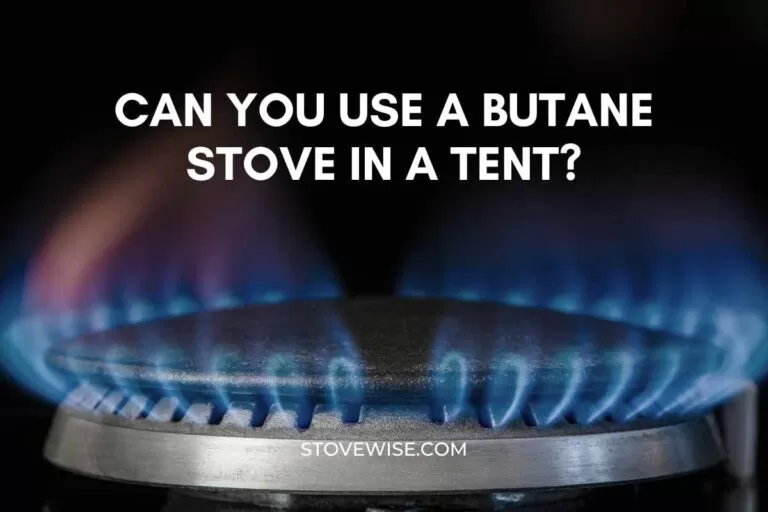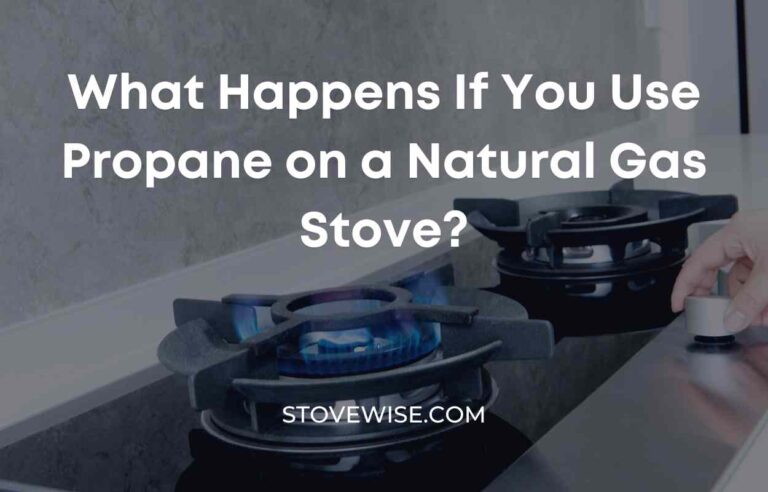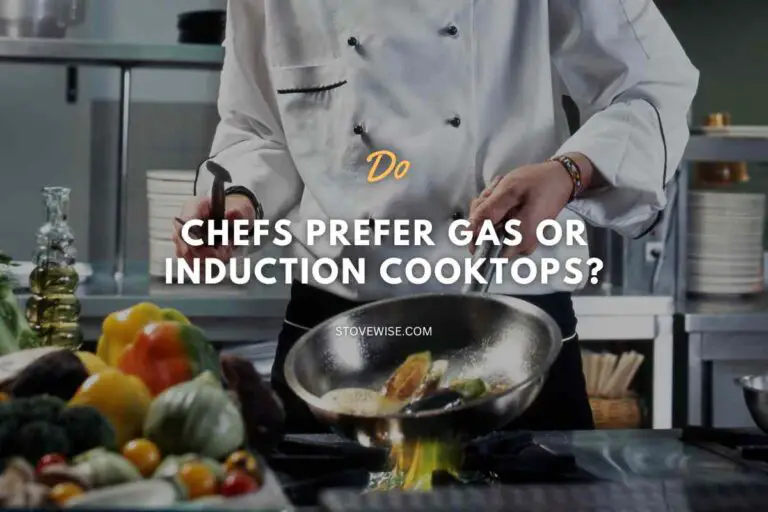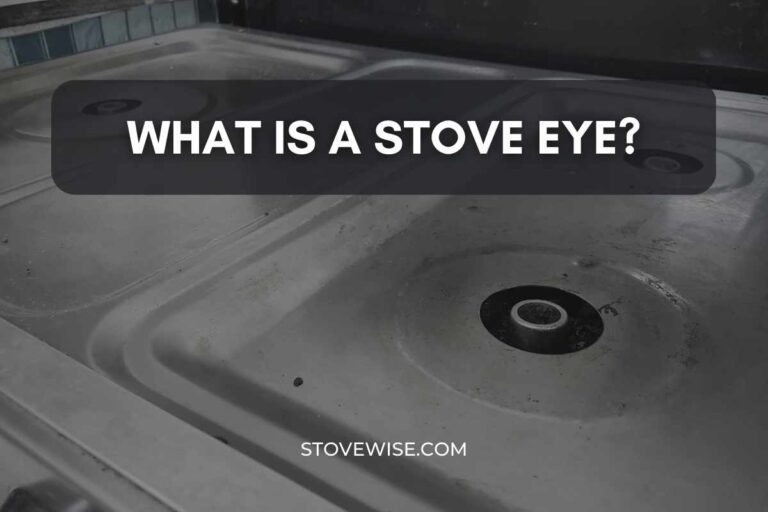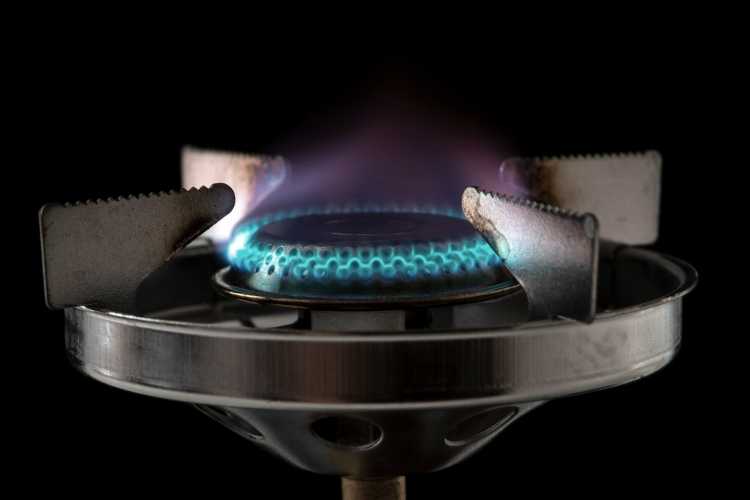Are Butane Stoves Better than Propane?
When it comes to outdoor cooking, butane, and propane stoves are two of the most popular fuel sources. While both types of stoves have their advantages and disadvantages, many people wonder if one is better than the other.
Are butane stoves better than propane?
Butane and propane stoves are both used for camping and cooking. Butane stoves are cheaper and more energy-efficient, but are bulkier and require a special tool to refill. Propane stoves are more widely available, cleaner, and produce less smoke, but are more expensive and less powerful. The choice between the two will depend on your specific needs.
In this guide, we’ll take a closer look at the differences between butane and propane stoves and help you determine which one is right for your next camping trip or outdoor adventure.
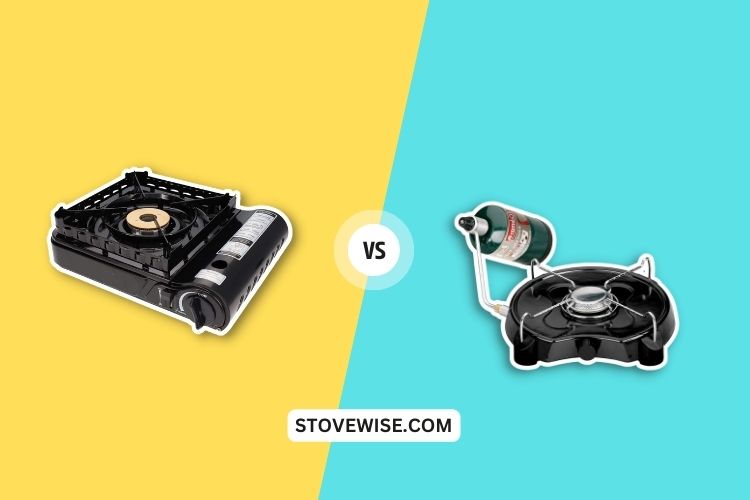
Contents
Are Butane Stoves Better than Propane?
Butane and propane are extensively used as fuels for a variety of applications, including cooking, heating, and camping.
Despite the fact that both of these gases possess similar properties, there are important distinctions that can influence their performance and safety in various situations.
Let’s compare Butane and propane based on a variety of factors that can influence their application in different contexts.
Fuel Differences
The main distinction between butane and propane is their respective vaporization points. Butane has a higher boiling point than propane, making it more suitable for indoor use and fueling tiny cooking stoves and portable gas heaters.
Propane, on the other hand, has a lower boiling point and is, therefore, more appropriate for outdoor use and frigid temperatures. Availability is another distinction between the two fuels.
While both butane and propane are widely available in camping and outdoor stores, you’ll typically find more propane than butane because propane is better for all seasons and most manufacturers have focused on making it more compatible with various stove types.
Burn Efficiency
Both butane and propane are efficient fuels that can get the job done in terms of combustion efficiency. However, there are distinctions in the manner in which they burn. Butane has a tendency to produce less soot and residue on culinary utensils than propane.
However, propane burns hotter than butane, making it a superior choice for cooking foods that require high heat, such as meats.
Temperature Control
Temperature regulation is another consideration when selecting between butane and propane. Butane stoves are typically more sensitive to temperature fluctuations, meaning they may not perform as well in extreme cold or heat.
In contrast, propane stoves are more weather-resistant and will continue to function even when there is humidity in the air.
The choice between butane and propane will ultimately depend on your individual requirements and preferences. Butane may be the better option if you intend to use your camping stove primarily for indoor cooking or in mild weather conditions.
However, if you intend to use your stove in a variety of outdoor conditions and require a fuel that burns higher, propane may be the best option.
Cold Weather Conditions
Butane has a lower boiling point than propane in cold weather, which can result in decreased vapor pressure and subpar performance of Butane-powered devices.
Propane has a higher boiling point and is better suitable for use in colder temperatures. In cold weather, propane is the favored fuel for outdoor activities such as camping.
Camping Use
Butane and propane stoves are popular fuel options for portable stoves, lanterns, and heaters when camping.
Butane canisters are typically smaller and lighter than propane canisters, making them more convenient for trekking and other activities where weight and space are at a premium.
The lower flame output of butane stoves makes them excellent for cooking and grilling smaller meals or boiling water.
Propane, on the other hand, has a greater heat output and is more suitable for cooking larger dishes and heating larger areas.
Safety
Butane and propane are both flammable and potentially dangerous if misused. Due to its lower vapor pressure and higher ignition temperature, propane is generally considered safer than butane.
If butane canisters are mishandled or damaged, leakage and explosions are also more likely to occur.
It is essential to adhere to all safety guidelines when using either fuel, such as maintaining them in a well-ventilated area and only using them with compatible equipment.
Outdoor Use
Butane and propane can both be used safely outdoors, but propane is more popular due to its higher heat output and lower risk of performance issues in frigid weather.
Propane is frequently used for grills, heaters, and other outdoor equipment, as well as for illuminating and powering RVs and other vehicles.
Indoor Use
Butane and propane can both be used indoors, but propane is considered safer due to its reduced vapor pressure and higher ignition temperature.
Butane canisters should never be used indoors because they emit toxic vapors and pose a fire risk.
Propane heaters and stoves can be used indoors, but it is essential to observe all safety precautions and ensure adequate ventilation to prevent the buildup of carbon monoxide and other toxic gases.
Advantages of Butane Stoves
When choosing between butane and propane stoves, the use of a butane furnace has several advantages. Here are some of the principal advantages:
Portability
Butane stoves are typically more portable and lighter than propane stoves, making them an excellent option for backpackers and trekkers.
Butane canisters are also more compact and portable, allowing you to bring more fuel on your excursion.
Fuel Cost
Butane is typically less expensive than propane, so choosing a butane stove will save you money on fuel costs.
However, it is important to note that butane canisters typically contain less fuel than propane canisters; therefore, you may need to bring additional canisters on longer journeys.
Simplicity of Use
Butane stoves are more user-friendly than propane stoves. They ignite rapidly and are simple to adjust, allowing you to achieve the desired cooking temperature.
Butane stoves also tend to produce less smoke and carbon monoxide than propane stoves due to their cleaner combustion.
If you’re seeking a portable, inexpensive, and user-friendly stove for your camping or hiking excursion, a butane stove may be the best option.
Remember the limitations of butane in colder temperatures and the need to bring additional fuel canisters on longer journeys.
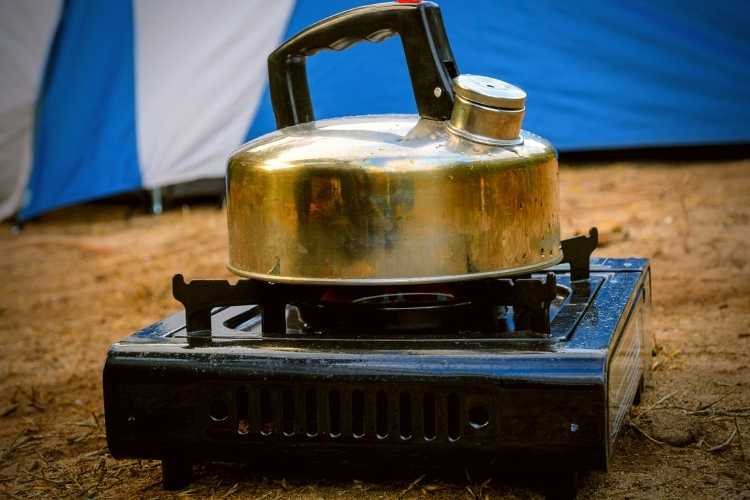
Advantages of Propane Stoves
Availability of Fuel
In terms of availability, propane is clearly the victor. Almost all camping and outdoor stores, as well as many hardware and home improvement stores, carry propane. Additionally, it is extensively accessible at gas stations and convenience stores.
This makes it simple to locate and replenish supplies during a camping trip, particularly if you’re traveling through areas with limited access to outdoor stores.
Burn Efficiency
Propane stoves are renowned for their high efficacy of combustion. They fire hotter than butane stoves, allowing them to cook food more quickly and efficiently.
Propane stoves have a more consistent burn, preventing uneven heating or burning. This is particularly essential when preparing complex dishes that require precise temperature control.
Temperature Tolerance
Butane stoves are less suitable for camping in frigid weather than propane stoves. Propane has a lower boiling point than butane, allowing it to continue to vaporize and ignite at lower temperatures.
Butane, on the other hand, has a higher boiling point and, in colder temperatures, can become less effective or cease to function entirely. This makes propane stoves a superior option for camping during the winter or in colder climates.
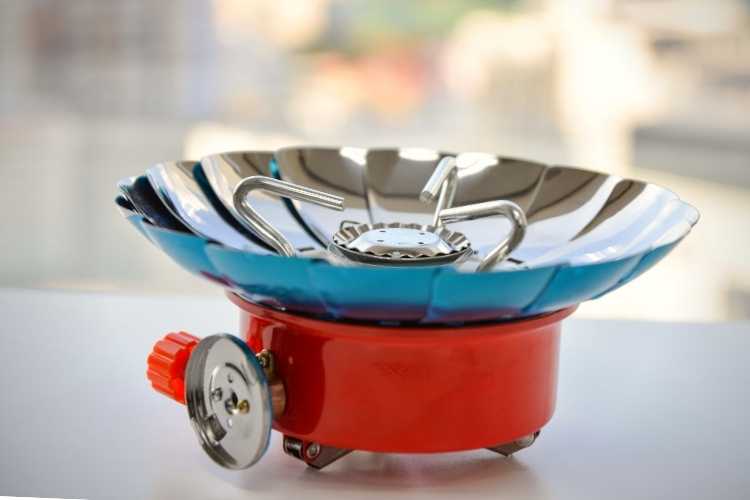
Disadvantages of Butane Stoves
While butane stoves have some advantages over propane burners, there are some drawbacks to consider before purchasing. The following are some of the major disadvantages of using a butane stove:
Freeze Danger
One of the most significant disadvantages of using a butane burner is that it may not function well in cold conditions.
Butane has a lower boiling point than propane, therefore it can convert to gas faster in cold conditions.
If the temperature falls below freezing, the butane may fail to evaporate properly, causing the stove to malfunction or stop working entirely.
If you rely on your stove for warmth or are cooking in chilly weather, this can be a severe safety hazard.
Fuel Availability
Another downside of using a butane stove is that butane canisters may be more difficult to come by than propane canisters.
While both fuels are accessible at most sporting goods stores, propane is more popular and easier to find.
If you are planning a longer vacation or traveling to a remote place, you should bring extra fuel canisters or be prepared to transfer to a different type of burner if butane canisters are not available.
Pressure Issues
Butane stoves are also more sensitive to pressure variations than propane burners. The stove may not work or generate a feeble flame if the canister is not correctly compressed.
This can be an issue if you use your stove at high elevations or in places where the temperature or air pressure fluctuates.
It is critical to carefully follow the manufacturer’s instructions and to check the canister on a regular basis to ensure that it is properly pressured.
Disadvantages of Propane Stoves
Size and Storage
Typically, propane tanks are larger and heavier than butane tanks, making them more cumbersome to transport and store.
If your vehicle or knapsack has limited storage space, a propane stove may not be the best option. Due to the flammable gas they contain, propane tanks can also be more difficult to dispose of appropriately.
Refillable Tanks
However, refillable propane tanks are more difficult to locate than refillable butane tanks. This can be problematic if you are camping in a remote location and need to refuel.
Furthermore, refilling propane tanks can be more costly than refilling butane tanks, which can mount up over time.
Extreme Pressure
Propane stoves operate at a higher pressure than butane stoves, making them more susceptible to malfunctions and leaks.
This poses a safety risk, particularly if you are using your furnace in a confined space. In addition, the high pressure can make propane stoves difficult to regulate, resulting in inconsistent cooking.
FAQs:
Can a Butane Stove Use Propane?
Yes, a butane stove is compatible with propane. Butane and propane are both combustible gases. Butane has a greater density than propane, which has a significantly lower density. Therefore, if you add propane to a butane stove, the stove will continue to operate as if it were still using butane.
Can a Coleman Butane Stove Use Propane?
Coleman’s camping lamps and outdoor cooking ovens are powered by propane gas. These canisters may be refilled using a twenty-pound propane cylinder. The canister can be connected to the 20-pound propane cylinder using an adaptor. If you wish to convert your Coleman stove to propane, a propane adapter will be required.
Can I Convert a Butane Stove to Propane?
Converting a butane stove to propane is feasible. Before attaching a propane adapter, it is necessary to remove the butane canister from the combustion head. Make sure you purchase the correct adapter for your stove, as they vary. You may also need to replace a few parts on your camping stove, but you can do so at home or with minimal tools and in less than an hour.
Can You Burn Propane in a Butane Stove?
Yes, propane can be burned in a butane burner. Butane and propane are both flammable gases. However, there are a few things you should be aware of first. Because propane is a heavier gas than butane, it will not evaporate as easily. This means you’ll have to use a higher flame to get it going, and it’ll take longer to heat up. However, if light, it will burn just as well as butane.

